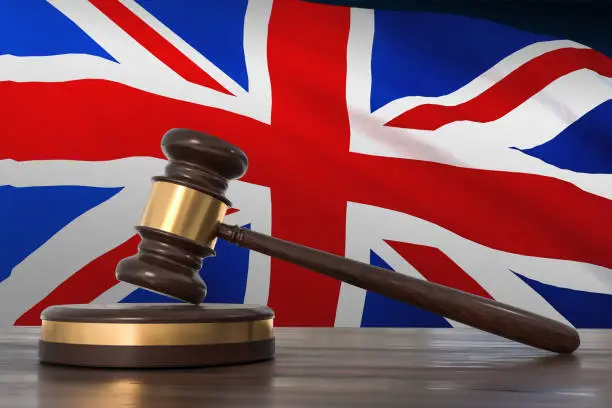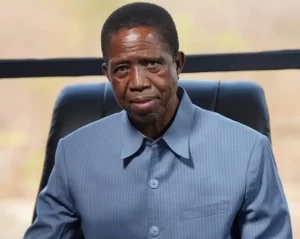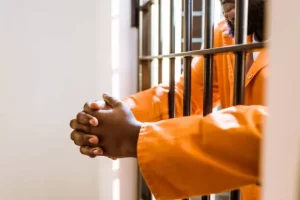UK threatens to sue Abramovich over Chelsea sale
3 min read
The UK government is threatening to sue former Chelsea FC owner Roman Abramovich in a bid to release £2.5 billion in frozen proceeds from the football club’s 2022 sale, insisting the money be directed exclusively to humanitarian aid in Ukraine.
Abramovich sold Chelsea Football Club in May 2022, shortly after the UK imposed sanctions on him due to his alleged close ties to Russian President Vladimir Putin—an allegation the Russian billionaire has denied. The sale, worth £2.5 billion, was conducted under a special UK government license, which required that Abramovich would not benefit personally from the transaction.
More than two years after the deal, however, the funds remain frozen in a UK bank account, due to a dispute between the UK government and Abramovich’s legal team over how the money should be used.
Disagreement Over Distribution
The UK government wants the money to be used solely for humanitarian aid efforts in Ukraine, following Russia’s full-scale invasion in February 2022. But Abramovich has insisted that the money be allocated “for the benefit of all victims of the war in Ukraine”—which he suggests includes those in both Ukraine and Russia.
In a joint statement, Chancellor of the Exchequer Rachel Reeves and Foreign Secretary David Lammy said, “While the door for negotiations will remain open, we are fully prepared to pursue this through the courts if required.”
They added: “The government is determined to see the proceeds from the sale of Chelsea Football Club reach humanitarian causes in Ukraine. We are deeply frustrated that it has not been possible to reach agreement with Mr Abramovich so far.”
The ministers emphasized the urgency of releasing the funds, stating they were committed to ensuring the people suffering in Ukraine benefit from the sale “as soon as possible.”
Legal and Moral Implications
The legal standoff is further complicated by the fact that under UK law, the funds from the Chelsea sale still technically belong to Abramovich, even though he cannot access them due to ongoing sanctions.
Abramovich originally pledged to set up a charitable foundation that would donate the sale proceeds to victims of the war. However, his broader definition of “victims” has become a point of contention with UK officials, who argue that including Russian recipients violates the spirit of the sanctions and undermines the UK’s support for Ukraine.
The government has been firm that only Ukrainian civilians and humanitarian needs inside Ukraine should benefit from the funds.

Parliament Pushes for Resolution
In a 2023 report, a House of Lords committee called the situation “incomprehensible”, criticizing both Abramovich and the government for the prolonged delay.
“This impasse reflects badly on both Mr Abramovich and the government, which ought to have pushed for a more binding commitment,” the committee’s report said. The Lords urged the government to find a resolution that would fulfill the original intention of aiding Ukraine.
Background: The Chelsea Sale and Abramovich’s Sanctions
Roman Abramovich, who acquired Chelsea FC in 2003, built the club into one of the most successful in European football. However, following Russia’s invasion of Ukraine, the UK imposed sanctions on him as part of its wider crackdown on Russian oligarchs.
The sanctions froze his assets, restricted travel, and prohibited UK citizens and businesses from engaging with him. In light of these restrictions, Abramovich agreed to sell the club, but only under the condition that none of the proceeds would return to him.
Chelsea was subsequently sold to a consortium led by American businessman Todd Boehly and backed by Clearlake Capital.
Next Steps
Despite pressure from both the UK Parliament and the public, negotiations with Abramovich’s legal team remain stalled. The government’s latest warning to pursue court action signals its growing impatience.
While diplomatic channels remain open, officials say they are determined to see the money used strictly for the benefit of Ukrainian humanitarian relief efforts, not any broader or ambiguous category of “victims.”








